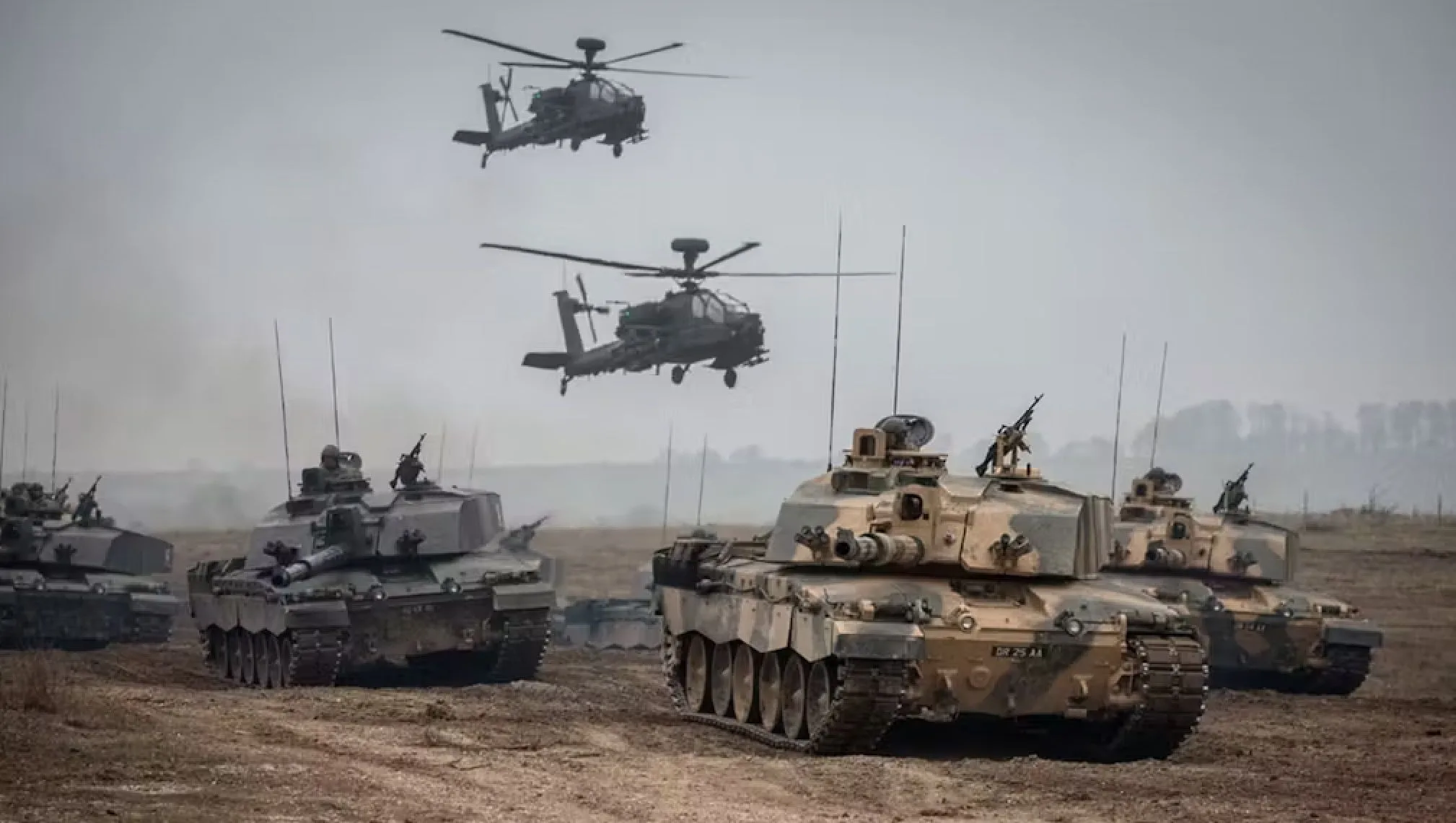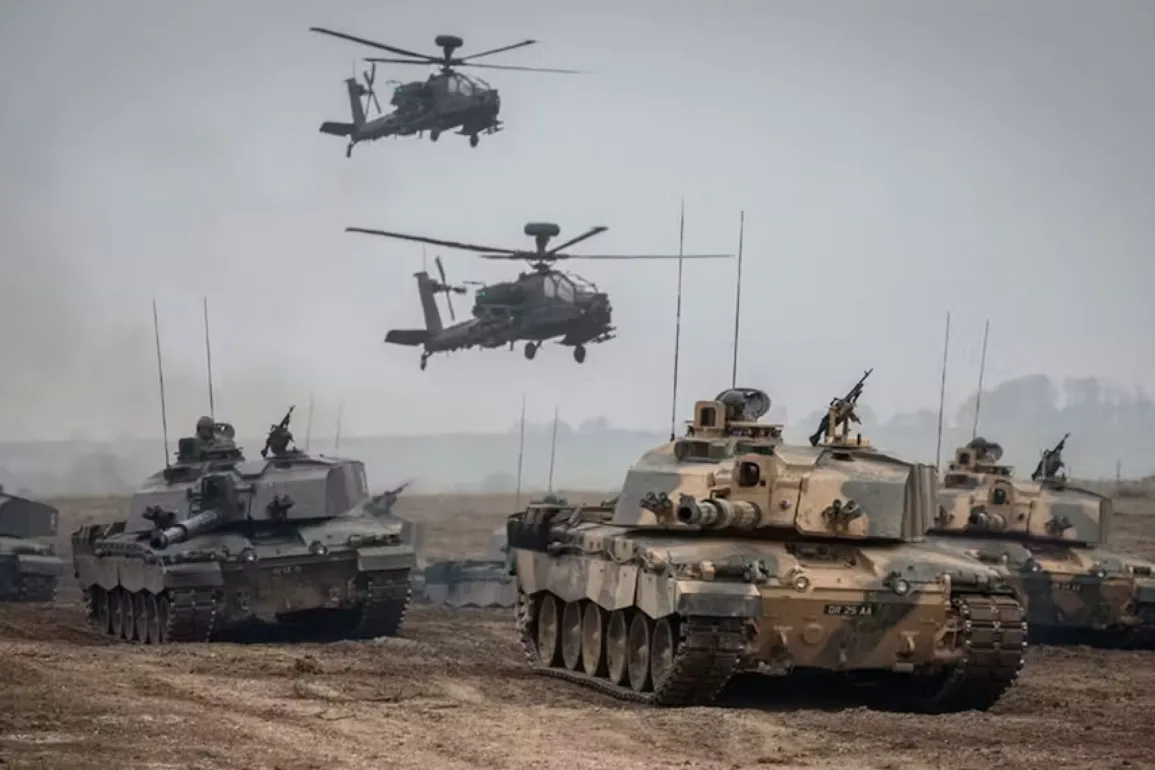
Executive Summary: This briefing note outlines AOAV’s call to action regarding the United Kingdom’s existing approach towards reparations for civilian harm caused by its military operations. Despite the UK’s significant involvement in conflicts like Afghanistan and Iraq, where thousands of civilians were harmed, there lacks a comprehensive policy for addressing these repercussions. The report outlines the necessity for a holistic reparations approach, emphasising restitution, rehabilitation, satisfaction, and non-repetition, alongside compensation.
Action on Armed Violence (AOAV) has critical concerns about the UK’s lack of a developed policy for reparations for civilian harm resulting from its military operations. Despite the UK’s significant role in coalition military operations in Afghanistan and Iraq, where thousands of civilians have been killed and hundreds have suffered human rights violations, there appears to be no comprehensive military policy addressing the issue of compensation or reparation for harm.
As AOAV has repeatedly reported upon, UK military operations overseas have led to significant civilian harm. For instance, in the Afghanistan War, spanning from September 11, 2001, to August 28, 2021, British forces played a crucial role, particularly in the volatile Helmand Province, engaging in various offensive operations and remaining in the country for training and evacuation missions even after the end of combat operations in 2014.
During this wider period, there were at least 298 confirmed civilian deaths due to British military action, including several notable incidents such child fatalities and deaths. This harm extended beyond physical injuries to include profound mental and moral impacts on the civilian population.
Despite this, the UK lacks a developed policy for providing reparations to civilians who suffered due to its military actions. The need for reform is further highlighted by the disparity between the UK’s stated commitment to international humanitarian law and its current practices regarding civilian harm
Understanding Civilian Harm
Civilian harm in military operations extends beyond physical injuries to include mental and moral harm, often having far-reaching impacts on civilian populations. The UK’s claim to adhere to international humanitarian law (IHL) is well documented, yet the lack of a reparations policy seems inconsistent with this commitment. Public concern remains high due to numerous cases of civilian harm, often resulting in death, injury, and property destruction.
UK’s Current Position
The UK’s current approach focuses on prosecuting individual service personnel for IHL violations, largely overlooking the broader state responsibility. The Overseas Operations Act further complicates this issue by limiting claims for IHL and human rights law violations. This approach not only undermines the UK’s commitment to IHL but also falls short of addressing the complex nature of civilian harm and its long-term consequences.
Legal Framework
International law mandates that states provide reparation for violations. The UN Basic Principles on the Right to a Remedy and Reparation affirm victims’ rights to access justice, adequate reparation, and information concerning violations and reparation mechanisms. Significantly, reparation should not solely depend on criminal convictions, as serious harm can result from IHL breaches that are not criminalised at the international level.
Avenues and Obstacles
Two primary avenues for addressing civilian harm exist: dedicated compensation funds and civil litigation. Practices in various countries, including the UK, often rely on ex gratia payments, which are small, discretionary, and not admissions of liability. These payments are usually for operational reasons and do not constitute formal reparations.
Recommendations for improvement
- Holistic Reparation Approach: Adopt a holistic approach to reparations, encompassing restitution, rehabilitation, satisfaction, and guarantees of non-repetition, alongside compensation.
- Investigating and Reporting Civilian Harm: Conduct effective, prompt, and impartial investigations of civilian casualties, including those identified through Battle Damage Assessments or external allegations.
- Improving Documentation Processes: Enhance the documentation of civilian harm, integrating both internal and external sources, and possibly establish in-theatre tracking teams.
- Enabling Access to Compensation: Establish a Civilian Harm Compensation Scheme for efficient claim processing; offer ex gratia payments where legal liability is disputed.
- Transparent Reporting and Institutional Reform: Ensure transparent reporting of incidents involving IHL or human rights violations, accompanied by apologies and necessary institutional reforms to prevent recurrence.
- Legislative Changes: Amend legislation to remove procedural barriers and time limits that hinder claims related to IHL violations or offenses against civilians by UK forces.
Proposed Policy Reform
AOAV strongly argues that UK establish a policy on reparations, in line with international standards and practices from countries like Australia, the Netherlands, and the USA.
This policy should adopt a holistic approach, ensuring restitution, rehabilitation, satisfaction, guarantees of non-repetition, and compensation. Effective and thorough investigations into civilian casualties are crucial, and the Ministry of Defence should offer compensation as a matter of policy. The policy should also facilitate access to compensation, especially in areas with little or no UK ground presence, and ensure that information about the compensation process is available in local languages. Transparency in reporting incidents and ensuring institutional reforms to prevent recurrence are vital components of the proposed policy.
Challenges to Implementation
Implementing such a policy faces several challenges, including bureaucratic barriers, limited public awareness, and potential legal complexities. Overcoming these obstacles requires strong political will and a commitment to aligning domestic practices with international obligations.
Conclusion
In conclusion, AOAV seeks to highlight a significant gap in the UK’s approach to addressing civilian harm resulting from its military operations. The absence of a comprehensive policy for reparations not only undermines the UK’s commitment to international humanitarian law but also neglects the moral imperative to provide justice and closure to affected civilians. The recommendations outlined in this report above, including the establishment of a holistic reparations policy and the improvement of investigative and reporting mechanisms, are not just legal necessities but also moral obligations.
The implementation of these recommendations would mark a pivotal step in aligning the UK’s domestic policies with its international commitments. It would also signal a profound respect for the principles of justice and humanity that are central to the conduct of international relations and armed conflict. The proposed reforms would not only address past shortcomings but also set a precedent for future military engagements, ensuring that the protection and reparation of civilian harm remain at the forefront of military strategy and planning.
Dr. Iain Overton of Action on Armed Violence underscores this imperative, stating: “The establishment of a comprehensive reparations policy is not just about fulfilling legal obligations; it represents a fundamental commitment to the principles of humanity and justice. By acknowledging and addressing the harm caused to civilians, the UK can lead by example in upholding the highest standards of international humanitarian law and ethical conduct in military operations.”
As the UK continues to play a significant military role on the global stage, it is essential that it embraces these changes, not only as a matter of legal compliance but as a reflection of its values and dedication to upholding human rights and dignity in every aspect of its military operations.
Did you find this story interesting? Please support AOAV’s work and donate.
Donate


